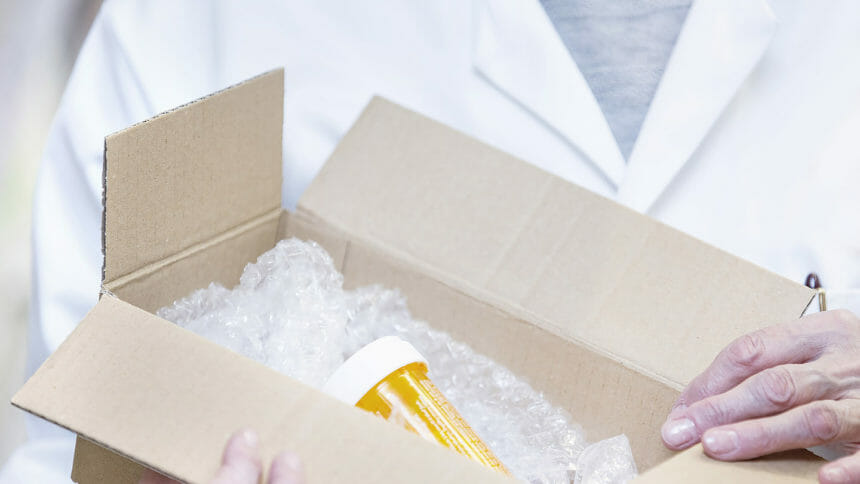
It’s a bird, it’s a plane … It’s a drone armed with a prescription!
In what could be a page ripped from a sci-fi novel, Utah-based Intermountain Health announced last week it is partnering with global logistics firm Zipline to deliver medication and medical supplies via drones to patients within a 50-mile radius of Salt Lake City.
John Wright, Intermountain Health’s vice president of supply chain and support, told McKnight’s Home Care Daily Pulse the technology improves upon the healthcare system’s commitment to meet patients where they live.
“We know that as we migrate more to that home setting, the easier it is to get [patients], pharmaceuticals, supplies and maybe even equipment into that home setting, the happier they are going to be,” Wright said. “If we can get pharmaceuticals to them, the likelihood that they are going to take those pharmaceuticals increases”.
Intermountain Health operates 25 hospitals and 225 clinics in Utah, Nevada and Idaho. It also offers home healthcare, hospice and hospital-at-home. Patients in the Salt Lake area will have access to drone delivery by the middle of next year and will be able to schedule deliveries with an app.
Zipline — not to be confused with the adventure sport — will use small fixed-wing autonomous aircraft to make the deliveries to patients. When the drone reaches its destination, it will parachute the package to an area the size of roughly two parking spaces. The all-electric drones can travel several miles and in most weather conditions, which makes the technology ideal for mountainous, snowy Utah.
“The rate the drones fly and the distance they cover, 15 to 30 minutes is extremely doable to get a delivery to somebody,” Wright said.
For now, the drones will only be able to deliver packages that weigh up to 5 pounds, but Wright said as the technology evolves they could eventually deliver larger packages.
“We might also look to expand to some home monitoring equipment. We think there is a big opportunity there and other things in the future,” Wright said.
There might also be opportunities to expand deliveries to patients in Nevada and Idaho once the service gets off the ground and proves to be successful.



